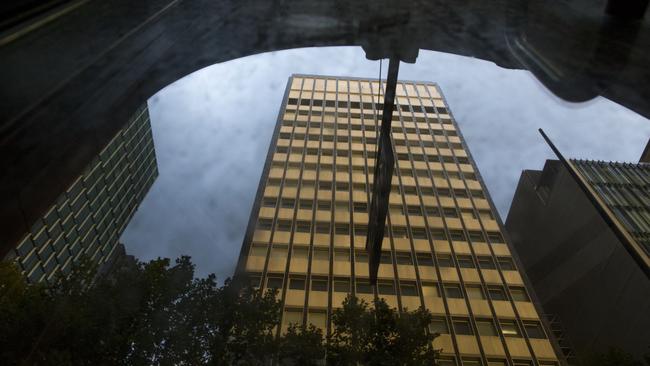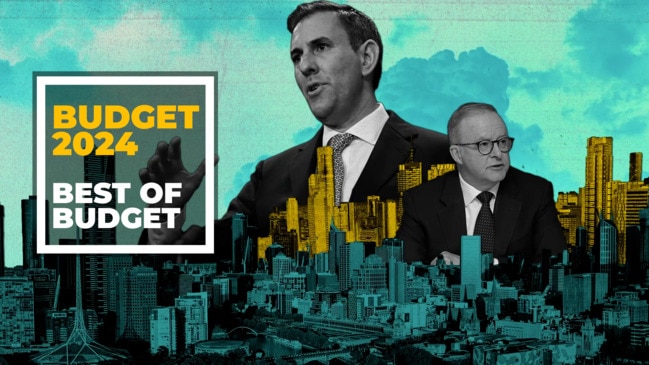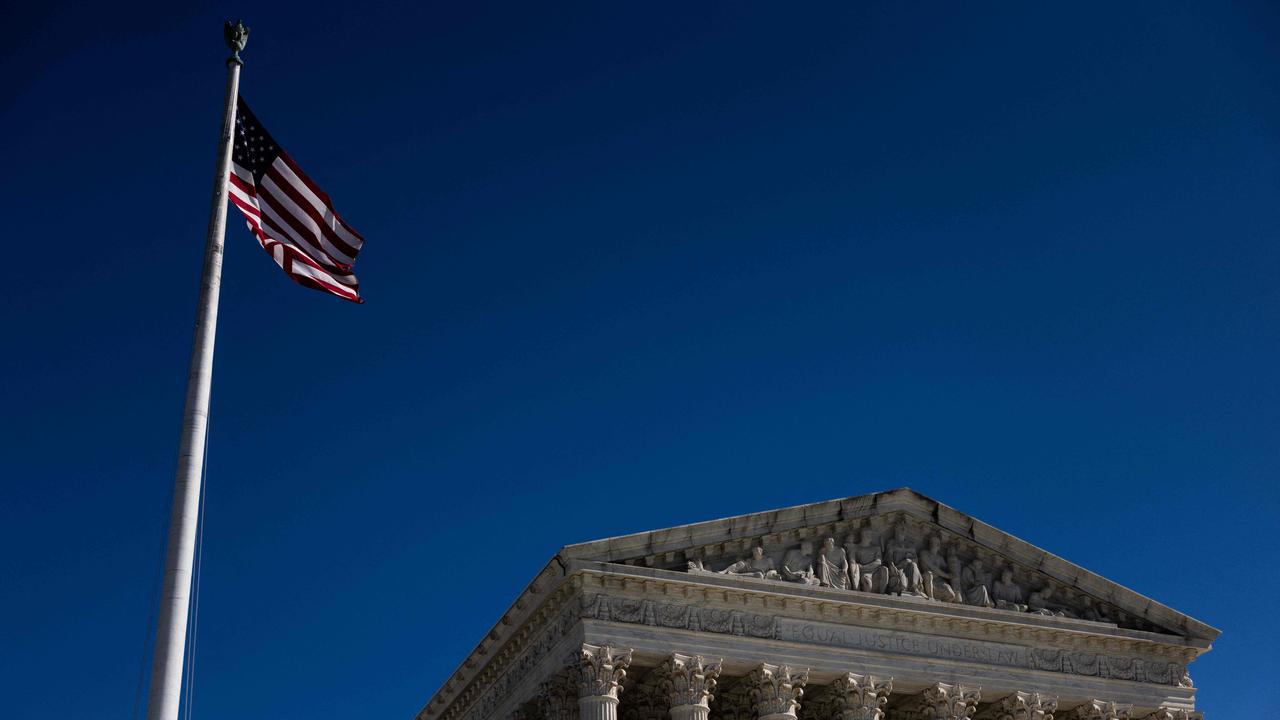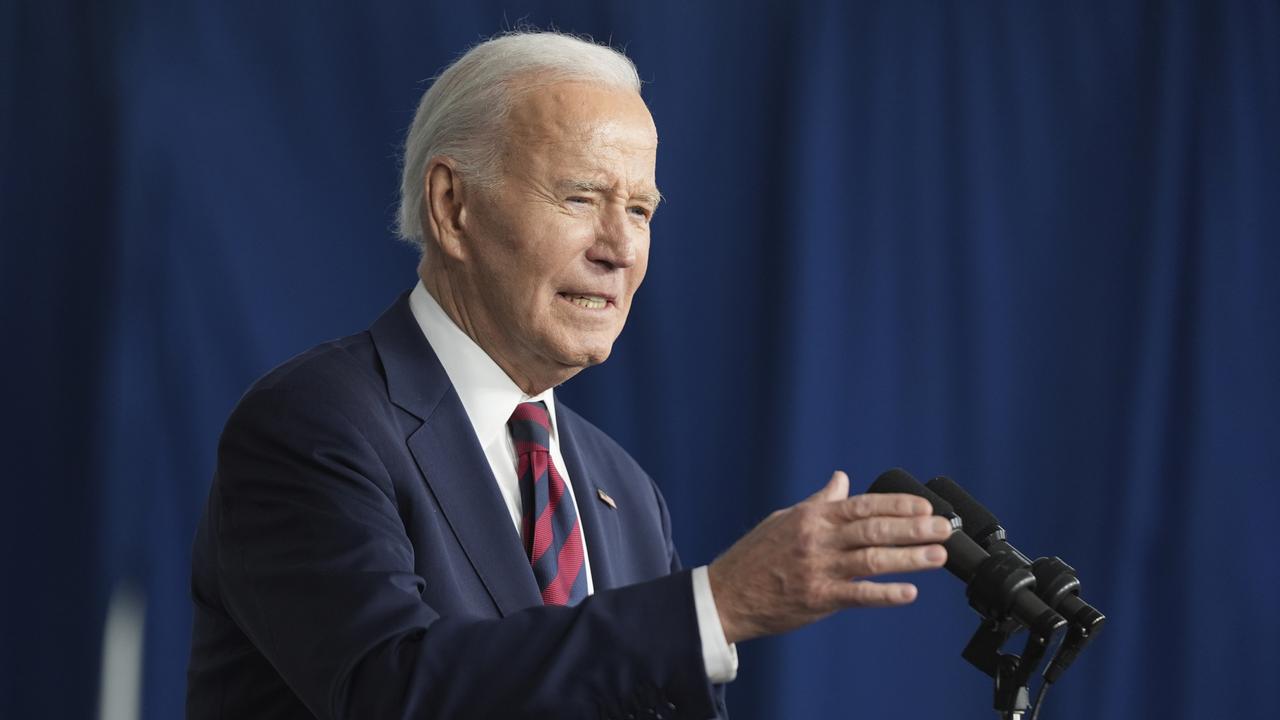
As such, Jim Chalmers has taken a big bet on the future of the Labor government ahead of an election expected early next year.
The government’s budget forecasts that inflation could return to within the 2-3 per cent target band by the end of this year, which is at odds with the less-optimistic forecasts of the Reserve Bank, which only expects a return to target in late 2025.
Only a week ago, the RBA said it had been stung by news of higher-than-expected inflation in the first quarter, and that it had actively debated an interest-rate rise at its policy meeting.
There’s often a disparity between the economic forecasts of the RBA and Treasury, but rarely if ever is it this stark.
There’s a lot riding on how things play out.
At stake for the Treasurer is that the government’s forecasts will prove overly optimistic, or worse, that the RBA delivers its 14th interest-rate rise in just over two years over coming months.
Under that case, the budget narrative would collapse and the government would have to face voters next year with a message that after more than two years of rate rises, the rate would remain higher for longer and cuts were a distant possibility.
The budget itself offers little hope that the government will stymie demand in the economy enough to clear a space for an interest-rate cut before the election.
The budget is loaded with cost-of-living relief, especially in the area of rental assistance and electricity cost offset, none of which will do much to lower inflation in the long term.

The Treasury expects the cost relief will reduce headline inflation by half a percentage point in the year to June 30, 2025, saying the measures won’t add to broader inflationary pressures.
At best, the rebates will temporarily cloak the strength of inflation pressures in these key areas of the economy. The RBA is unlikely to factor that into its decision-making.
Warwick McKibbin, a former member of the RBA’s policy-setting board, said this week that the rebates were a “political trick”.
The RBA is far more fixated on still-stubborn services inflation, and it is also looking over its shoulder to places like the US, where talk of interest-rate cuts has been replaced recently by warnings that more caution is required.
The budget leaves readers with little sense that the government has got spending under control given that big budget deficits are expected over coming years.
The government expects a budget deficit in 2024-25 of $28.3bn, and an even bigger shortfall of $42.8bn in 2025-26.
Former Treasury secretary Ken Henry said recently the RBA would note the path of the budget balance when determining whether the government was adding to or subtracting from demand.
The budget is under immense stress from rising costs in the areas of defence, health, aged care and a national disability scheme.
The government will also deliver income tax cuts in the middle of the year expected to immediately add $20bn in stimulus directed mostly at low-income earners.
Meanwhile, it is also moving to lift wages in industries such as aged care and child care.
Elsewhere, state governments are showing little interest in pulling back spending as they binge on huge infrastructure projects.
In the end, it will be the inflation forecasts of the RBA, not those of the government, that determine the path for interest rates.
Money markets seem to acknowledge that and have continued to price in bets that the next move in interest rates will be up, not down.
Despite optimism around inflation in the budget, most economists say RBA is not even close to weighing the option of a cut.
As households devote a huge proportion of their take-home pay to mortgage repayments, an interest-rate increase in coming months could well torpedo Labor’s hopes of a second term.








The government’s budget doesn’t appear to do enough to categorically rule out the prospect of a further interest-rate increase in coming months.